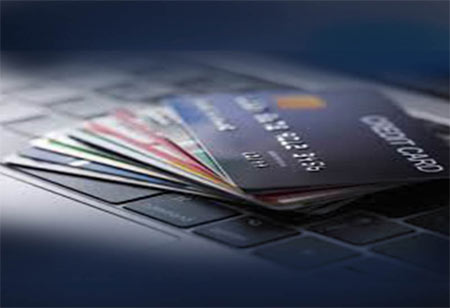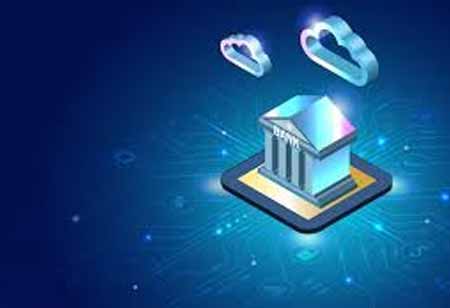THANK YOU FOR SUBSCRIBING

By
Banking CIO Outlook | Friday, October 04, 2024
Stay ahead of the industry with exclusive feature stories on the top companies, expert insights and the latest news delivered straight to your inbox. Subscribe today.
Blockchain technology enhances digital transactions, eliminates intermediaries, and streamlines account-to-account payments. It also streamlines KYC and AML procedures, promoting financial inclusivity in the banking sector.
FREMONT, CA: Blockchain leverages distributed ledger technology, meaning the entire network continuously shares and updates data across multiple computers rather than relying on a centralised system where only a few entities maintain records. Once data is entered into the blockchain, it becomes permanent and irreversible. What sets blockchain apart is the synchronised participation of numerous computers, ensuring that transactions are recorded simultaneously, providing unparalleled transparency and security. This decentralised nature makes it extremely difficult for malicious actors to manipulate or hold data hostage, as the network's consensus safeguards the integrity of the information. This inherent resilience against ransomware attacks makes blockchain particularly appealing to those concerned about data security.
Blockchain technology offers unique advantages for the banking sector, enabling more efficient and secure digital transactions. By eliminating the need for multiple intermediaries, blockchain facilitates the direct transfer of digital currencies like Bitcoin and Ethereum between parties. This reduction in intermediaries, combined with blockchain’s robust security features, enhances the efficiency and safety of monetary exchanges.
Blockchain technology could significantly benefit several financial transactions. Smart contracts, for instance, automate and enforce contract terms without extra intermediaries, ensuring faster, transparent agreement execution. These contracts can trigger critical events, such as fund disbursement upon goods receipt or releasing freight once customs clearance is obtained.
Account-to-account payments, including business-to-business and person-to-person transactions, are streamlined through blockchain, as transfers are immediately recorded with both parties' banks, reducing processing time. Cross-border payments, typically slowed by multiple verifications, can be expedited by blockchain, which eliminates intermediaries and reduces costs.
In securities holdings, distributed ledger technology provides a secure and transparent record of stock and bond ownership, appealing to sophisticated securities traders. Trade finance can also benefit from blockchain’s tamper-proof transaction records, reducing paperwork and improving efficiency. Additionally, asset tokenisation enables the fractional ownership of assets like real estate and securities, enhancing liquidity and broadening investor access.
Blockchain technology offers a secure and decentralised method for verifying customer identities, mitigating identity theft and streamlining customer onboarding processes. Additionally, blockchain can enhance Know Your Customer (KYC) and Anti-Money Laundering (AML) procedures by enabling the secure storage and sharing of customer data across financial institutions, which improves regulatory compliance and reduces the potential for fraud.
Furthermore, a less frequently highlighted benefit of blockchain's broader adoption is its potential to foster greater financial inclusivity. By minimising the need for multiple intermediaries, blockchain can facilitate more accessible access to financial services for underserved populations, offering secure and efficient channels for conducting financial transactions.
THANK YOU FOR SUBSCRIBING
Be first to read the latest tech news, Industry Leader's Insights, and CIO interviews of medium and large enterprises exclusively from Banking CIO Outlook
I agree We use cookies on this website to enhance your user experience. By clicking any link on this page you are giving your consent for us to set cookies. More info



